
Dr. Sangram S. Sisodia
Thomas Reynolds Sr. Family Professor of Neurosciences
Alzheimer’s disease (AD), a prevalent, adult-onset, neurodegenerative disease, is clinically characterized by progressive impairments in cognition and memory. These clinical features are accompanied by characteristic histological changes in the brain, including neuronal loss, extracellular deposition of fibrillogenic Ab peptides in senile plaques and intracellular neurofibrillary tangles. The principal risk factors for AD are age and inheritance of mutant genes, or polymorphic alleles that predispose individuals to late-onset disease.
Over the past 20 years, my laboratory has focused on examining the cellular and molecular biology of the b-amyloid precursor protein (APP), or presenilins (PS1 and PS2), molecules that are mutated in pedigrees with autosomal dominant, familial forms of Alzheimer’s disease (FAD). The function(s) of APP in the central nervous system (CNS) are still not fully understood, but we have demonstrated that APP is subject to rapid anterograde axonal transport and subject to proteolytic processing at, or near, terminal fields. In collaboration with Robert Malinow at UCSD, we have also shown that synaptic activity modulates APP processing and Ab production, and that both axonal and dendritic release of these peptides alter spine dynamics and glutamatergic neurotransmission. Our current efforts are focused on clarifying the dynamics and regulation of APP trafficking and processing cultured neurons and hippocampal slices using recombinant lentiviral-driven APP-GFP chimeras and live cell imaging approaches. In order to assess the normal function of PS, we have used gene targeting strategies; PS1-deficient animals die in late embryogenesis due to defective Notch signaling that is in large part, the result of failed intramembranous, “g-secretase” processing of a membrane-bound Notch substrates. This “g-secretase” activity is also responsible for liberating Ab peptides from membrane-bound APP derivatives. We, and others, have provided genetic and biochemical evidence has revealed that PS associates with nicastrin (NCT), APH-1 and PEN-2 in high molecular weight complexes, and our current efforts are aimed at understanding the temporal assembly of these membrane proteins, the nature of subunit interactions and the enzymatic mechanism(s) by which the complex promotes “g-secretase” processing of Notch, APP and other type 1 membrane proteins.
A significant effort of our laboratory has been to develop and characterize transgenic animals that express FAD-linked variants of PS1 and APP to clarify the underlying biochemical and pathophysiological alterations that cause AD. We have exploited these animals, as well as animals in which we have conditionally inactivated PS, to clarify issues relevant to axonal trafficking of membrane proteins, neurodegeneration, neuronal vulnerability, gene expression and APP/Ab metabolism. A significant effort in our laboratory is focused on understanding the cell non-autonomous effects of FAD-linked mutant PS1 expression on hippocampal neurogenesis. Our future studies will focus heavily on the mechanisms that are responsible for the observed effects using temporal and system-specific conditional gene inactivation approaches. Extending our demonstration that enriched environments and exercise modulates Ab metabolism and deposition in vivo, our ongoing efforts are focused on the role of polypeptides encoded by genes that are selectively regulated in these settings. Finally, we have been exploring the impact of the microbiome in modulation of amyloid deposition in mouse models of AD.
In summary, my research program is designed to integrate genetic, neurobiologic, molecular and cellular information to clarify the normal biology of APP and PS and the mechanisms by which mutant genes cause AD. The value of animal models that recapitulate some features of the human disease have, and will be of enormous value for addressing issues relevant to the selective vulnerability of specific CNS systems, the pathophysiological sequelae and ultimately, will provide opportunities to explore mechanism-based therapeutic strategies.
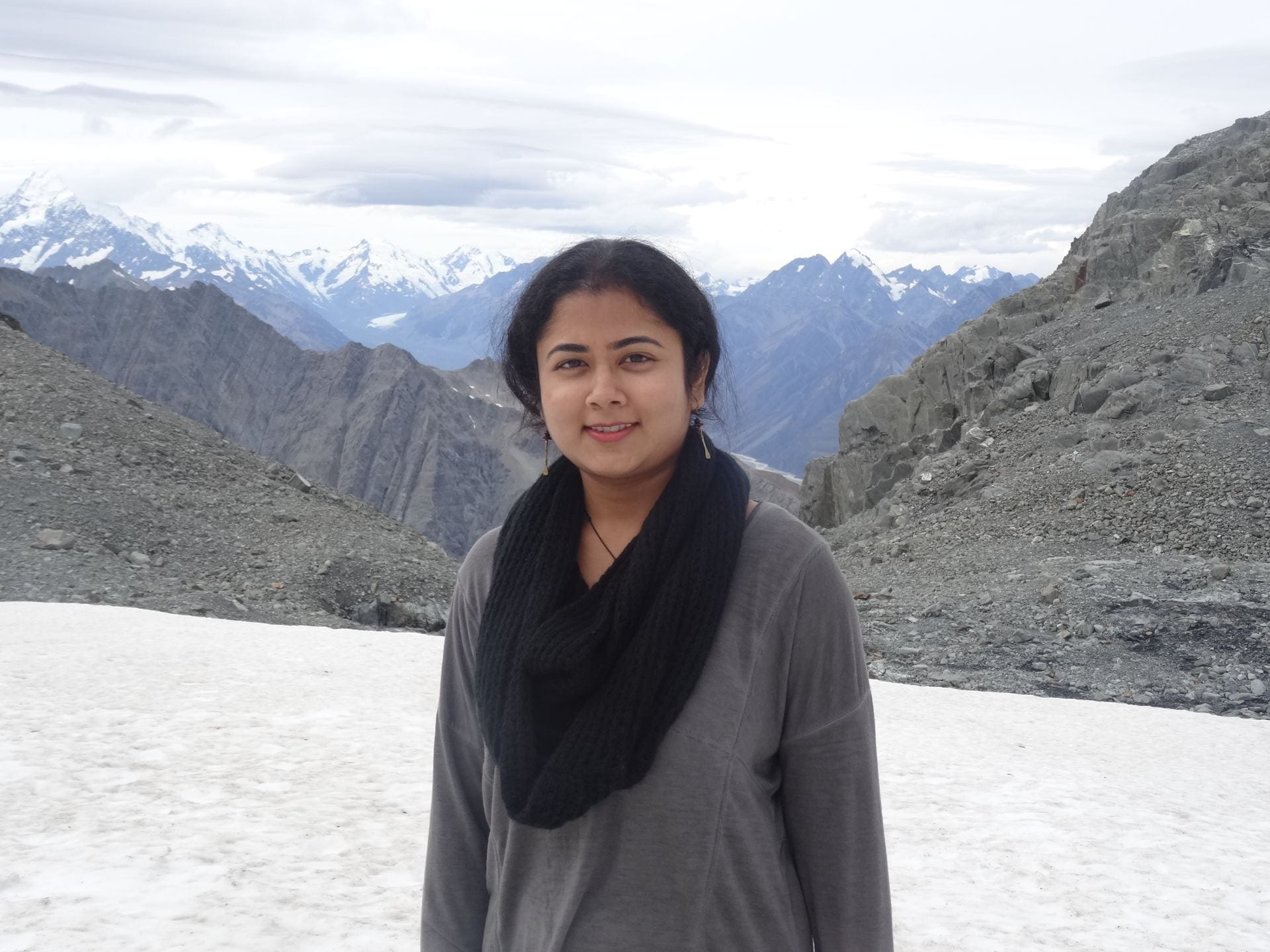
Dr. Piyali Saha
Postdoctoral Scholar
piyali@uchicago.edu
Research interest: My aim is to find out the root cause of susceptibility of neurodegeneration. To address the issue, I am particularly interested to study the interlink between maternal pre-natal stress, gut/vaginal microbiota, epigenetic transgenerational changes, autophagy and sex-specific manner susceptibility of neurodegeneration in the future generation
Research expertise: My recent study was on autophagy cell signalling pathway that I have seen in neurons upon exposure to glucocorticoid (maternal stress hormone) using fly and mouse models. My doctoral study was in reproductive biology that involved screening of natural compounds with respect to contragestive and anticancer potentials in rat models.
Career goals: I am looking for faculty positions in academia and would like to contribute to the medical research for benefit of the mankind. I found that I am more appreciated as a teacher and hence would like to continue training the future generation.
Interests: I like probably all sorts of musical instruments. I can play couple of them like harmonium, sitar and my new madness is to procure bongo in USA. Now I have lab mates who can play ukulele and other instruments, so soon a lab band is coming up. Stay tuned!
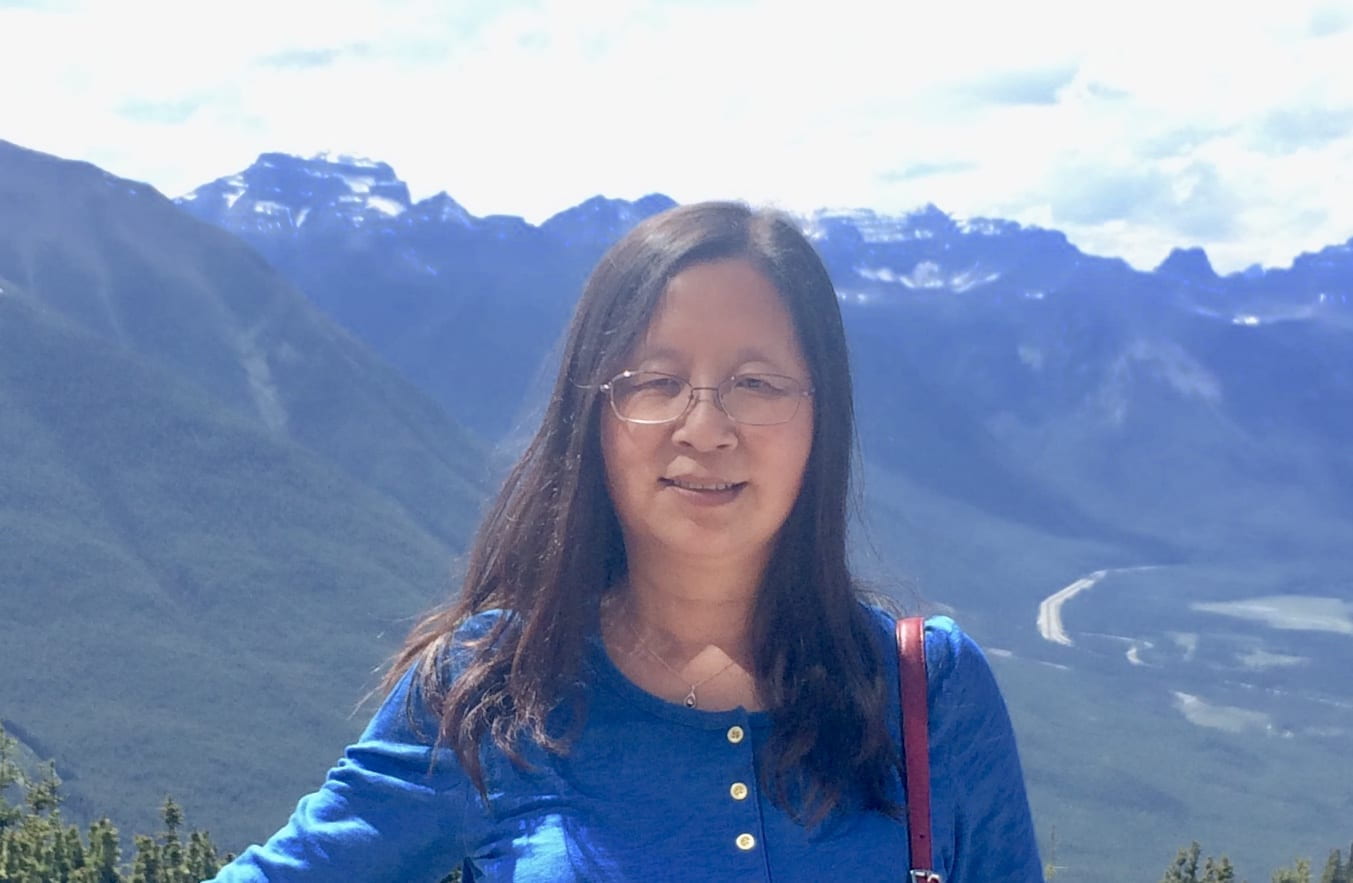
Xiaoqiong Zhang
Senior Research Specialist
xzhang3@uchicago.edu

Jordan Dombroski
Research Analyst
jdombroski@uchicago.edu
Current Students
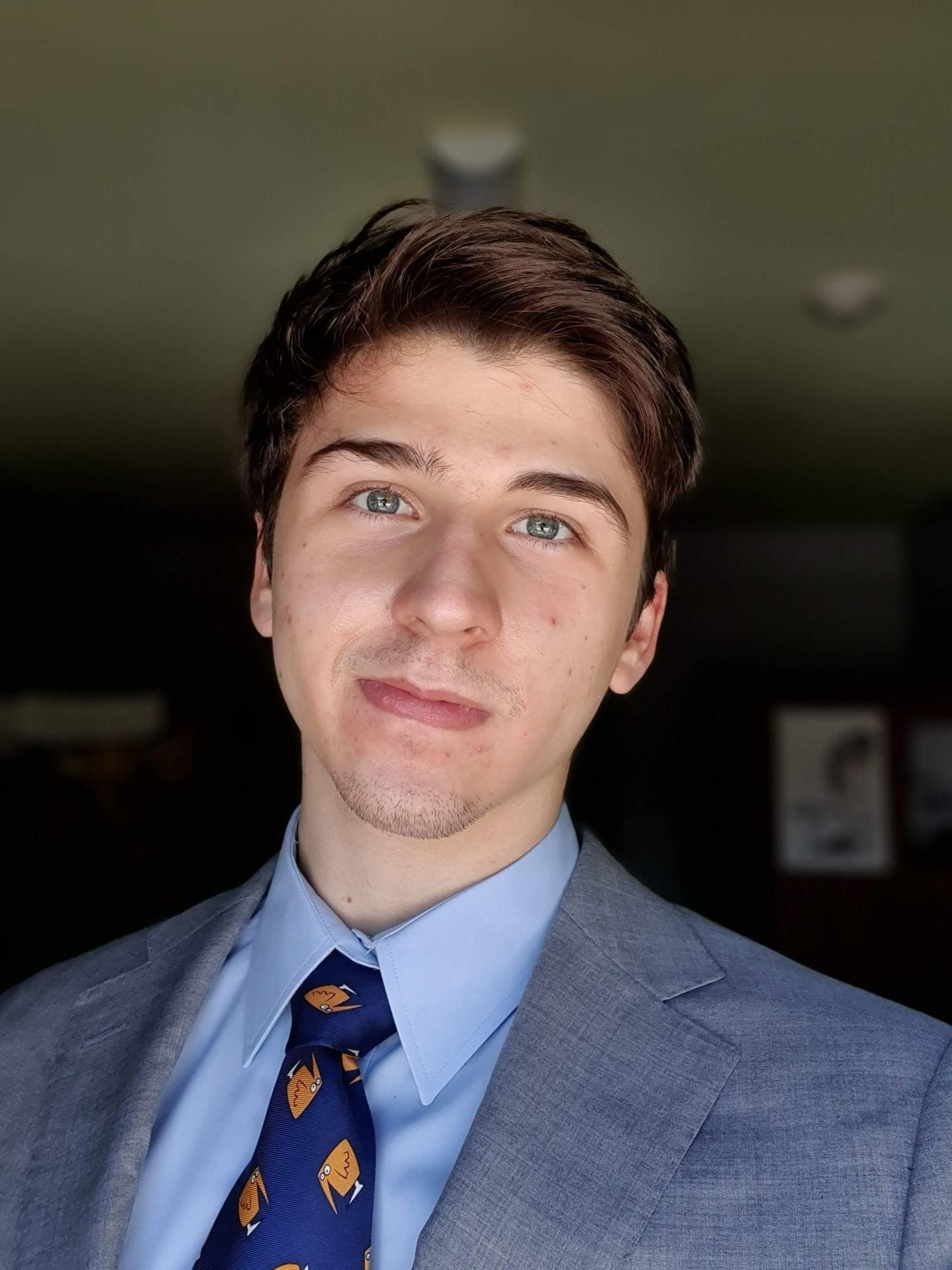
Pedro Blauth Poli
Undergraduate Student
pblauth@uchicago.edu
I am a fourth-year in the College studying neuroscience. I am currently working as a research assistant alongside Piyali to understand further the hormonal importance of the gut-brain axis on Alzheimer’s Disease. Outside the lab, I am part of the water polo team, volunteer for the UChicago Hospital, and attempt to learn Italian.

Diya Mishra
Undergraduate Student
diyamishra@uchicago.edu
I am a third-year student at the University of Chicago, majoring in Biology with a minor in Health and Society, and a member of the UChicago Varsity Volleyball team. As an aspiring medical student with a keen interest in neuroscience, I am passionate about understanding the intricate connections within the brain, particularly through my current work as an undergraduate research assistant studying the gut-brain axis in Alzheimer’s Disease progression. Beyond academics and research, I am also actively involved in organizations focused on global and public health. In my free time, I enjoy exploring Chicago’s diverse restaurant scene and traveling internationally.

Ana Inukai
Undergraduate Student
anainukai@uchicago.edu
I am a pre-MD/PhD second-year student at the University of Chicago. I am majoring in Neuroscience and double-minoring in Biology and Health and Society. In the Sisodia Lab, my work as an undergraduate researcher focuses on exploring the effects of gut-microbiome perturbation on the Alzheimer’s diseased NLF/PS1 mouse model. My passions for neuroscience and biology research are extensive, and I am ecstatic that I have the opportunity to nurture my passions in the Sisodia Lab. Outside of lab, I spend my time working as a barista at a café, mentoring students of the Phoenix STEM program, volunteering as a Spanish medical interpreter, and enjoying different hobbies, such as cooking and knitting!

Arthur Gayden
Undergraduate Student
arthurgayden@uchicago.edu
I am in my second year at the college, studying biology and economics. My research interests are in the metabolic pathogenesis of Alzheimer’s Disease. Outside of the lab, I write for Chicago Policy Review at the Harris School, play on the Quiz Bowl team and sing in the Ransom Notes a capella.

Wesley McMillan
Undergraduate Student
wmcmillan@uchicago.edu
I’m a second-year student majoring in neuroscience. I am interested in Alzheimer’s disease research, the gut-brain axis and molecular neurobiology and I’m very excited to pursue these passions in the Sisodia Lab. Outside of the lab, I volunteer at UChicago Medicine and I’m pursuing my EMT license.

Urja Vohra
Undergraduate Student
urjavohra@uchicago.edu
I am a first-year undergraduate student from India planning to double major in Neuroscience and Biochemistry with a strong interest in researching about Alzheimer’s and the brain-gut connection. I am currently working as a student researcher in the lab. Apart from the lab, I am a writer for Scientia, a UChicago research journal and an NSP tutor for Chicago Public Schools.
Alumni
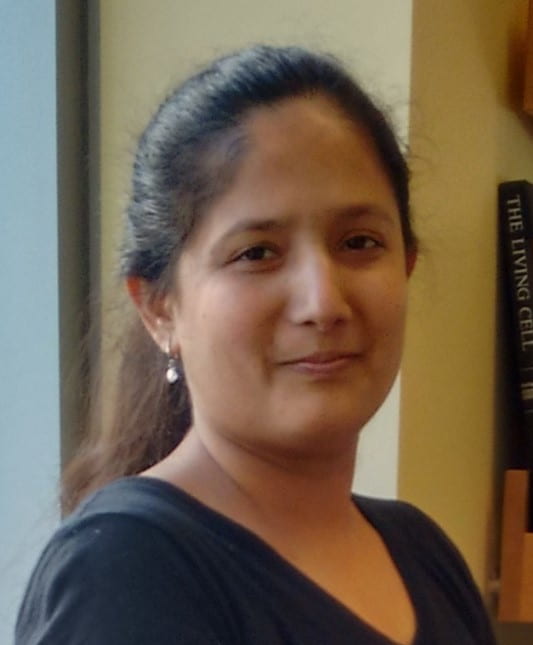
Dr. Shabana Shaik
Postdoctoral Scholar
shabana@uchicago.edu
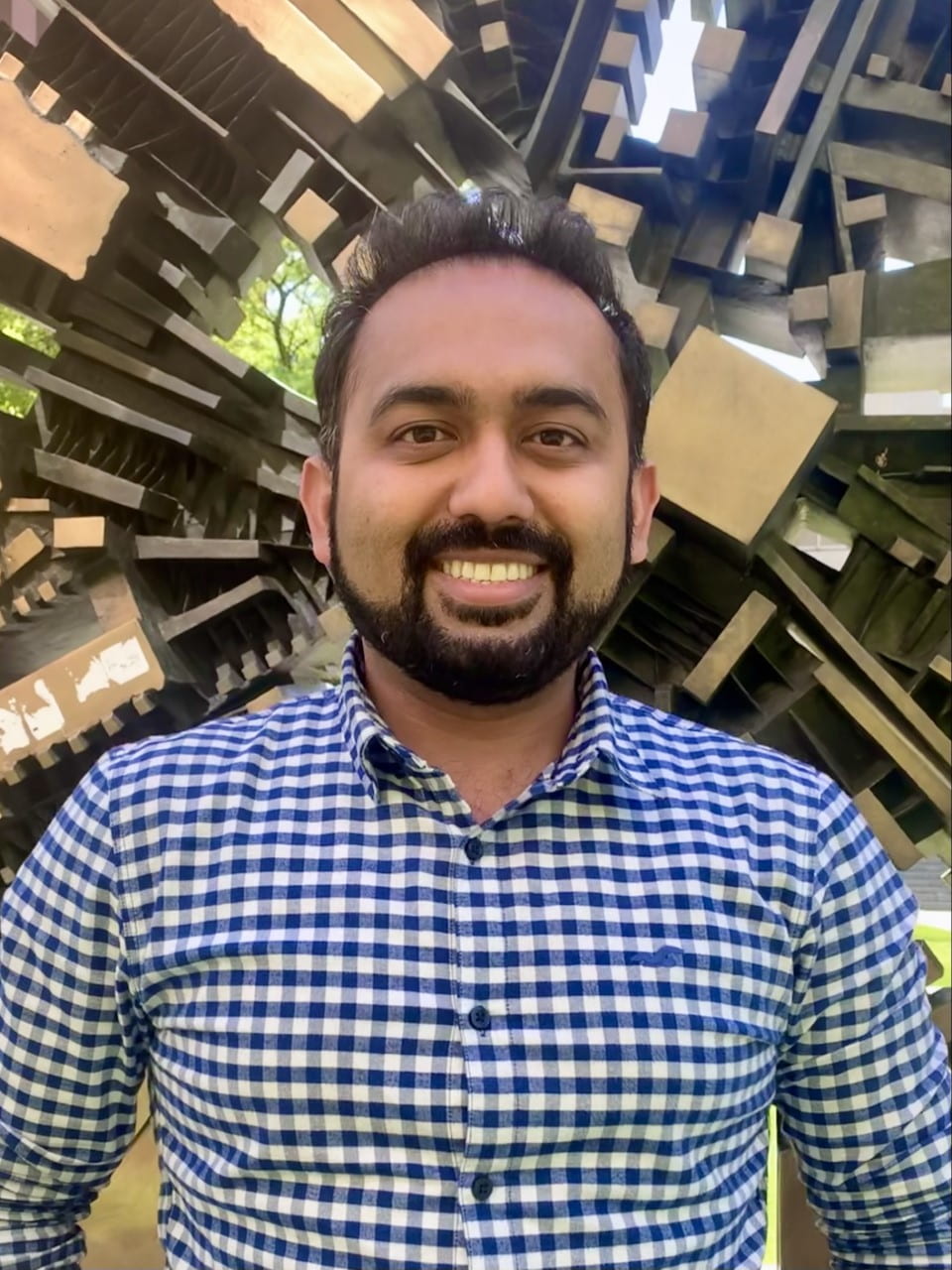
Dr. Hemraj B. Dodiya
Postdoctoral Scholar
hbdodiya@uchicago.edu
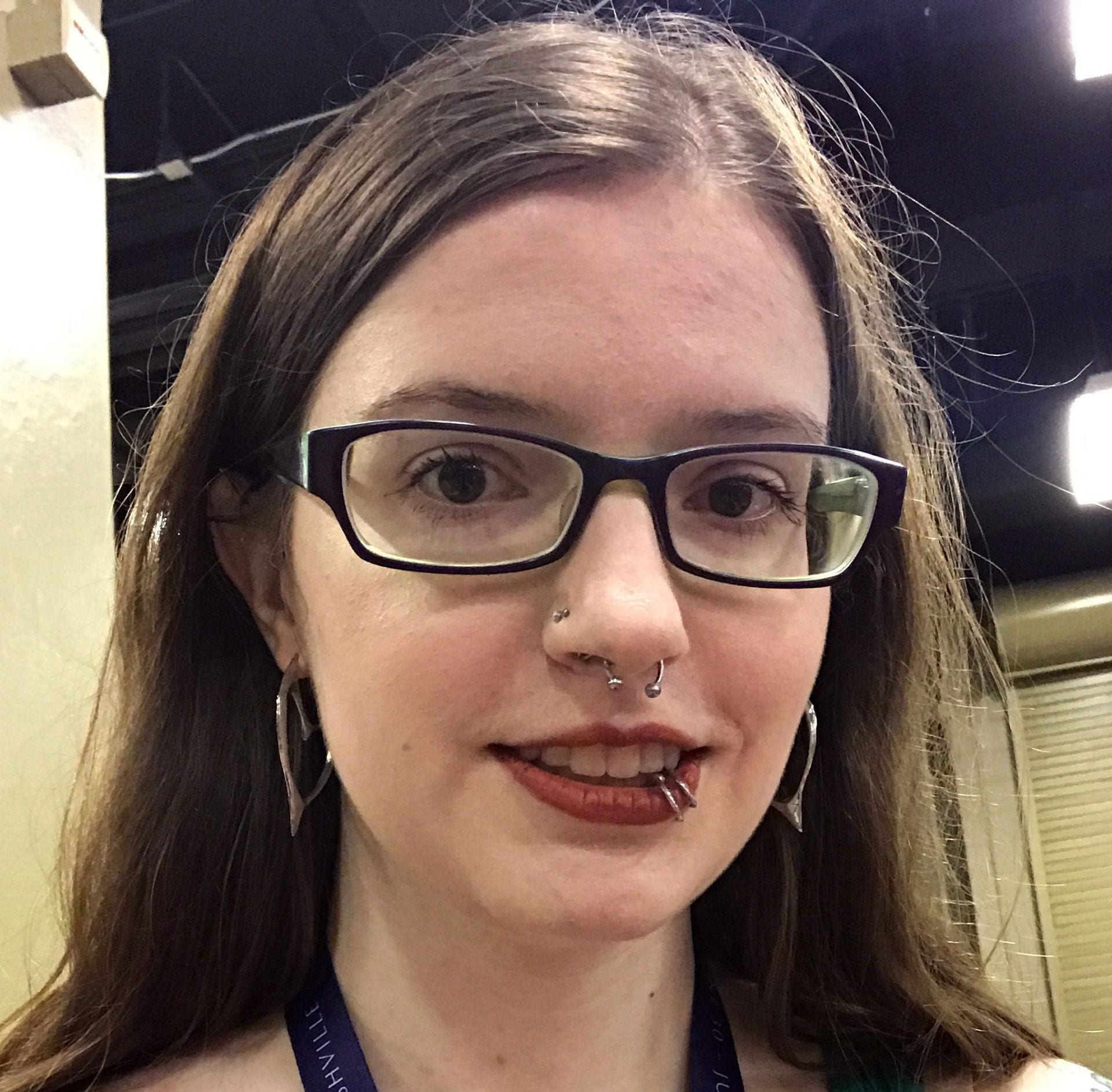
Dr. Claire E. DelBove
Postdoctoral Scholar
cdelbove@uchicago.edu

Nicholas Slimmon
Research Specialist
nslimmo@uchicago.edu
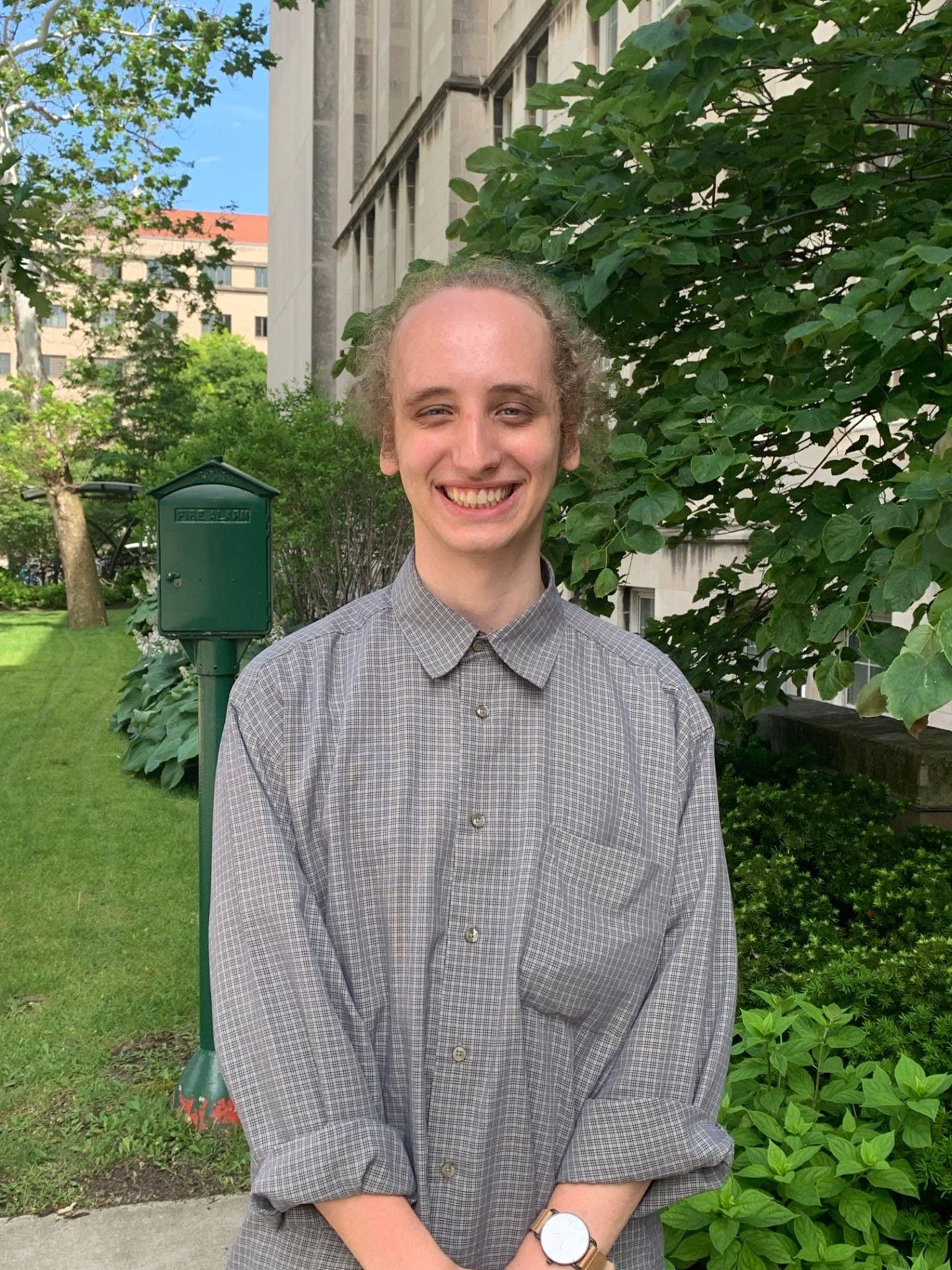
Ian Weigle
Research Specialist
iqweigle@uchicago.edu

Dr. Xulun Zhang
Research Professional
xlzhn@uchicago.edu
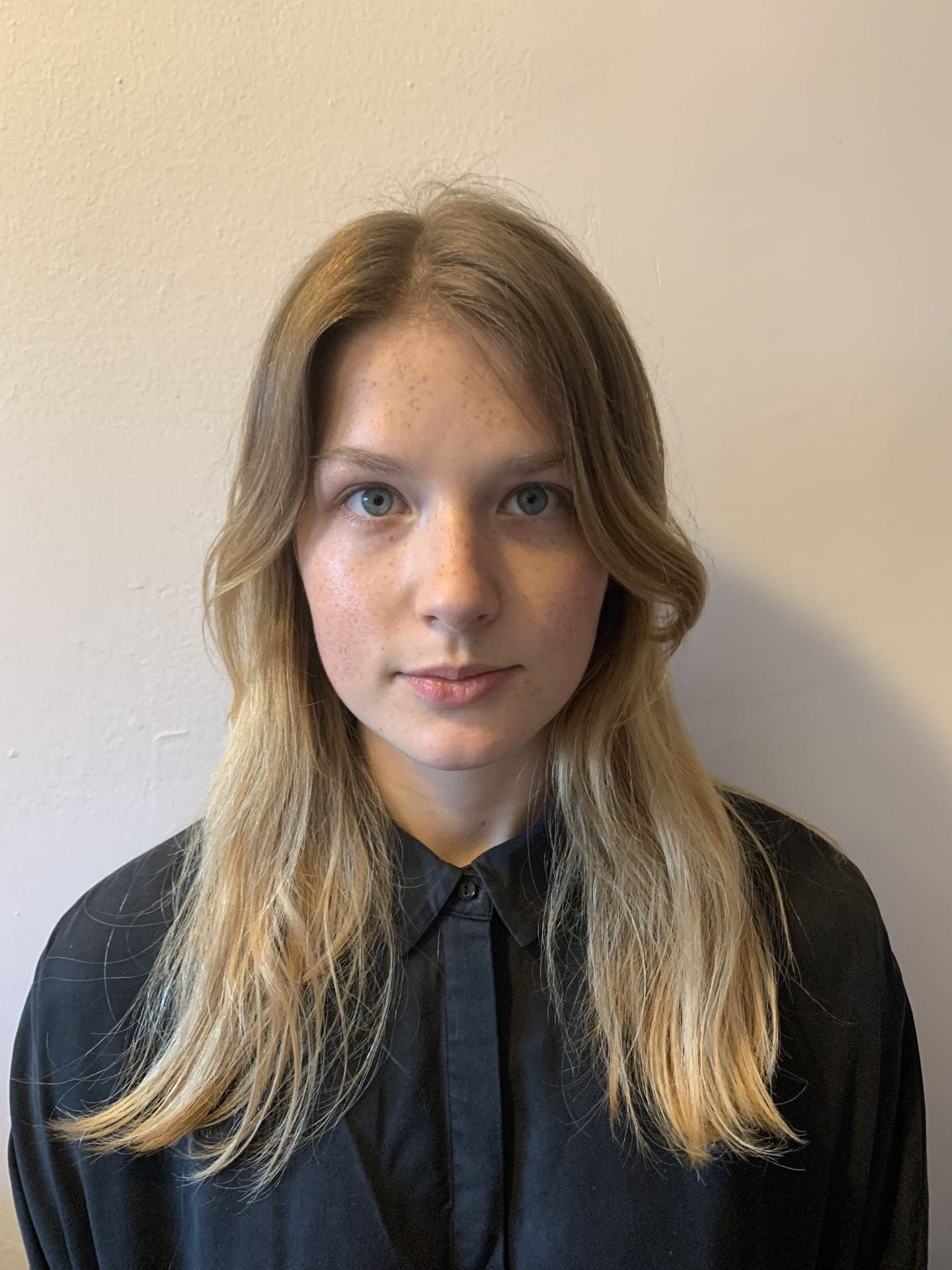
Julia Michalkiewicz
Research Professional
jmichalkiewicz@uchicago.edu

Jack Osborn
Undergraduate Student
jackh.o005@gmail.com
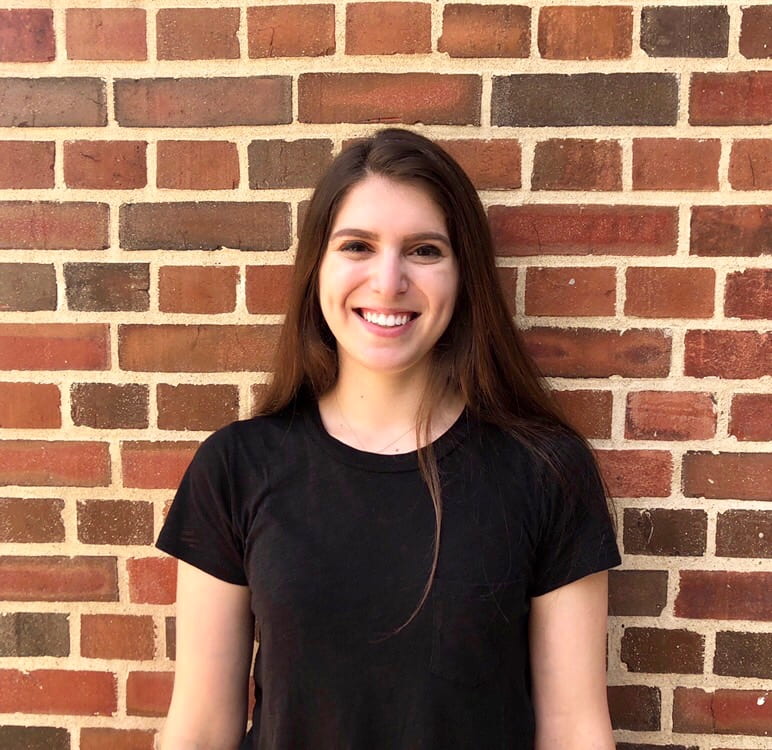
Shayna Cohen
Undergraduate Student
shaynacohen@uchicago.edu
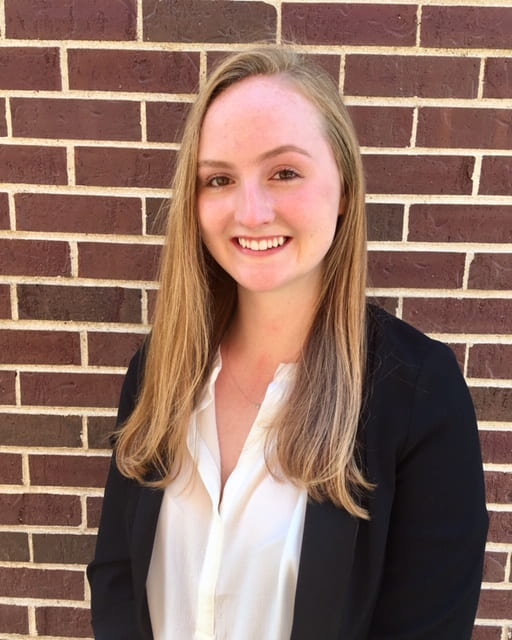
Monica Olszewski
Undergraduate Student
moniolsz@umich.edu

Karen Yuan
Undergraduate Student
karenyuan@uchicago.edu
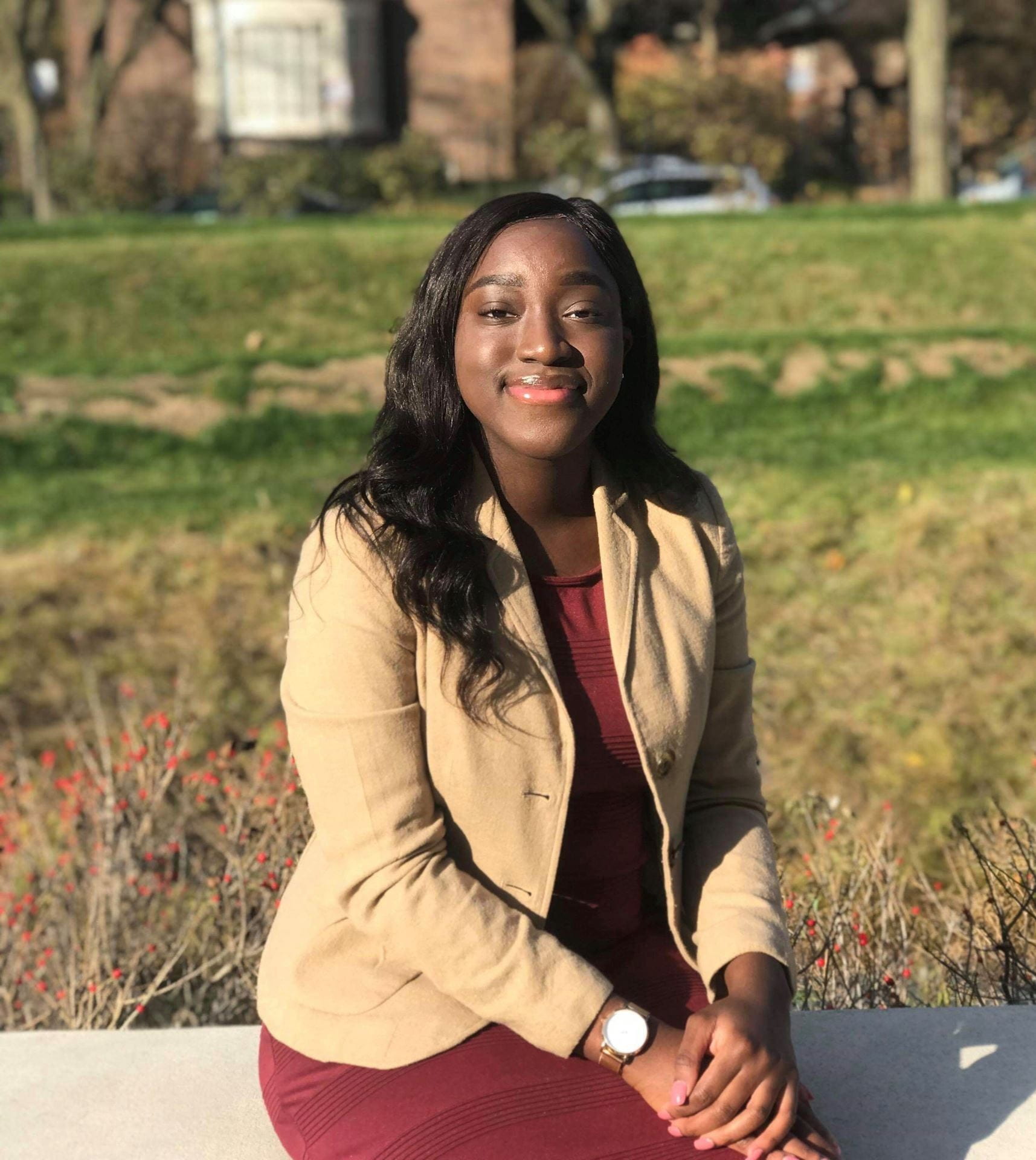
Joy Oshomuvwe
Undergraduate Student
djoshomuvwe@uchicago.edu
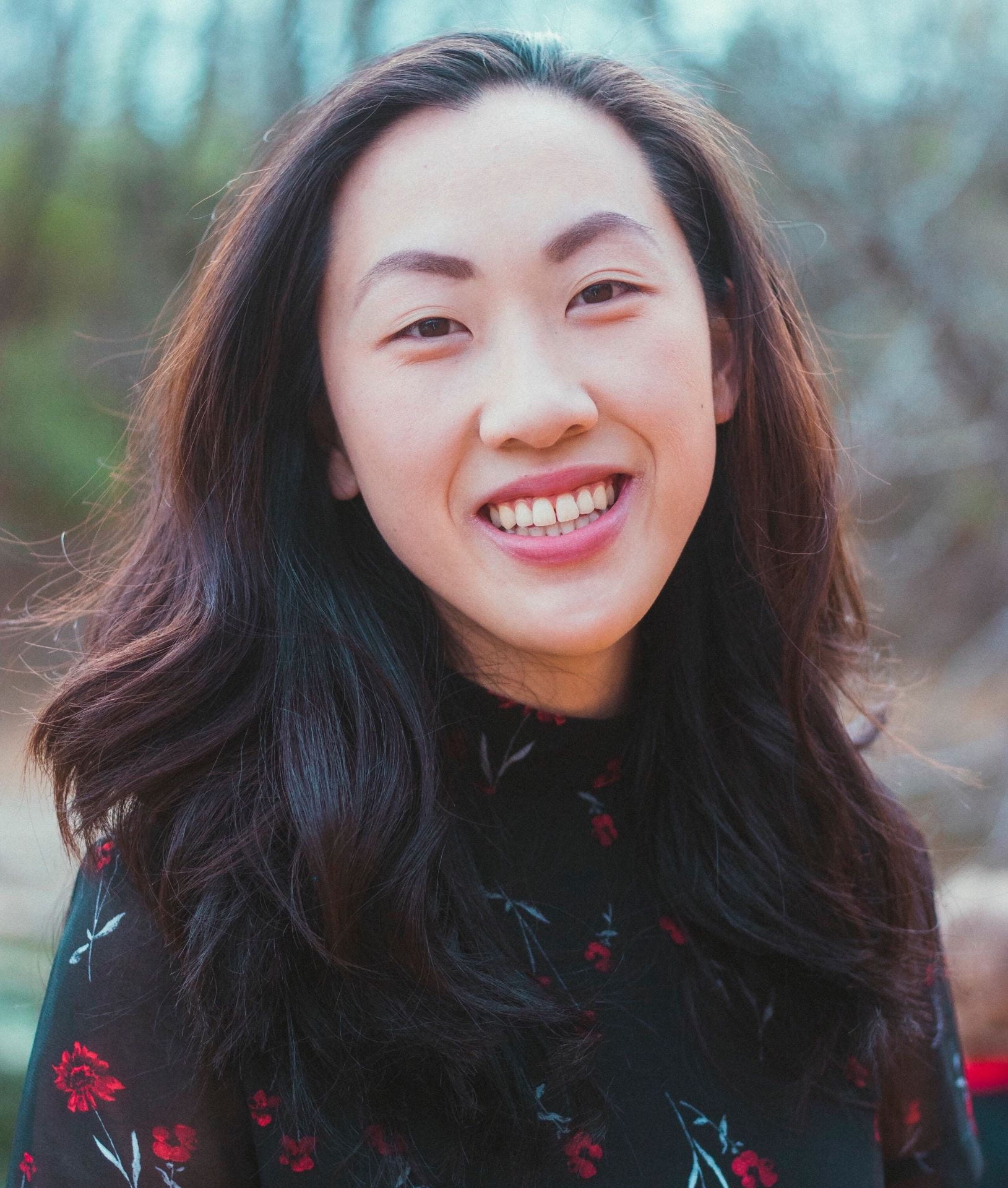
Karen Shi
Undergraduate Student
kshi@uchicago.edu
